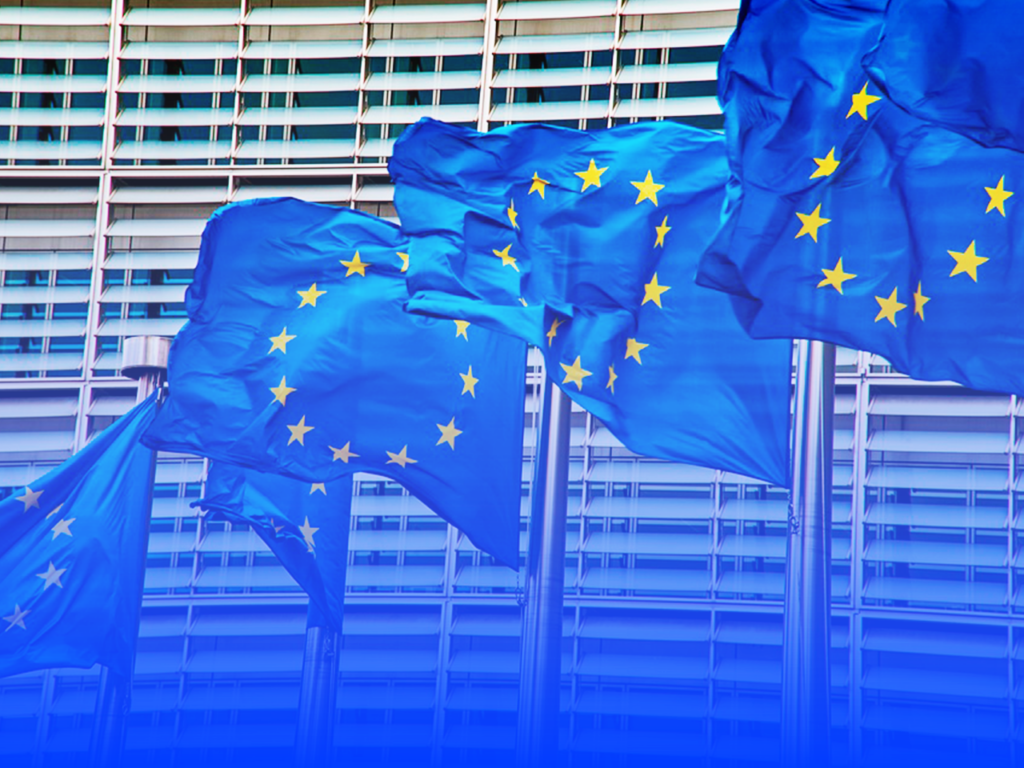On February 11, 2025, the European Commission published its 2025 Work Programme, outlining the European Union’s main legislative priorities for the coming months. Among the various issues highlighted in the document, one of the most notable was the withdrawal of several regulatory proposals, including the Proposal for a Regulation on Standard Essential Patents (SEP), which was abandoned due to a lack of agreement.
The proposal, approved in 2024 by the European Parliament, aimed to enhance transparency and predictability in the licensing of SEPs, with the goal of benefiting the European Union (EU) industry, including small and medium-sized enterprises (SMEs). The Regulation identifies deficiencies in transparency, fair and reasonable conditions (FRAND), and dispute resolution procedures. Accordingly, it seeks to optimize the SEP licensing system by promoting innovation, fair competition, and the adoption of standardized technologies in sectors such as the Internet of Things (IoT).
Among the main new provisions included in the document, the following stand out:
- Electronic SEP Register: Administered by the European Union Intellectual Property Office (EUIPO), SEP holders would be required to register their essential patents within six months of either the publication of the standard or the grant of the patent. Failure to comply will result in the loss of the right to collect royalties or to initiate infringement claims.
- Mediation Mechanism for Aggregate Royalty Determination: In the event of disagreements among SEP holders, the Regulation established a mandatory FRAND determination process through mediation before initiating SEP-related litigation.
- Random Essentiality Checks: Independent experts, selected based on neutrality criteria, conducted random assessments to verify whether registered SEPs are indeed essential to a given standard.
- Outcomes of Evaluations: While the results of these assessments would not be legally binding, they may still be used in negotiations and litigation.
- Restrictions on the Enforcement of Unregistered SEPs: SEPs that are not registered within the prescribed timeframe cannot be enforced in court until the registration is completed. Additionally, requests for financial injunctive relief in licensing disputes would be subject to restrictions.
Our Perspective:
SEP licensing negotiations involve highly confidential financial, technological, and contractual terms. The proposed Regulation introduced a framework that conflicts with the inherently confidential nature of such negotiations.
The hold-out strategy—where implementers delay royalty payments until compelled to pay—has long been an economic efficiency tactic in high-value transactions, particularly when licensing agreements exceed billions of dollars. However, this strategy can only be effectively countered through the availability of non-financial injunctive relief.
While the Regulation presented royalty determination as an objective process, the very nature of FRAND—encompassing concepts such as fairness and non-discrimination—requires an analysis that inherently involves subjective elements unique to each negotiation.
For years, organizations such as ETSI have provided dispute resolution mechanisms, including arbitration and mediation, which already facilitate SEP licensing negotiations.
For all these reasons, the proposal, which has ultimately been put on hold, sparked debate from the outset within the EU.













